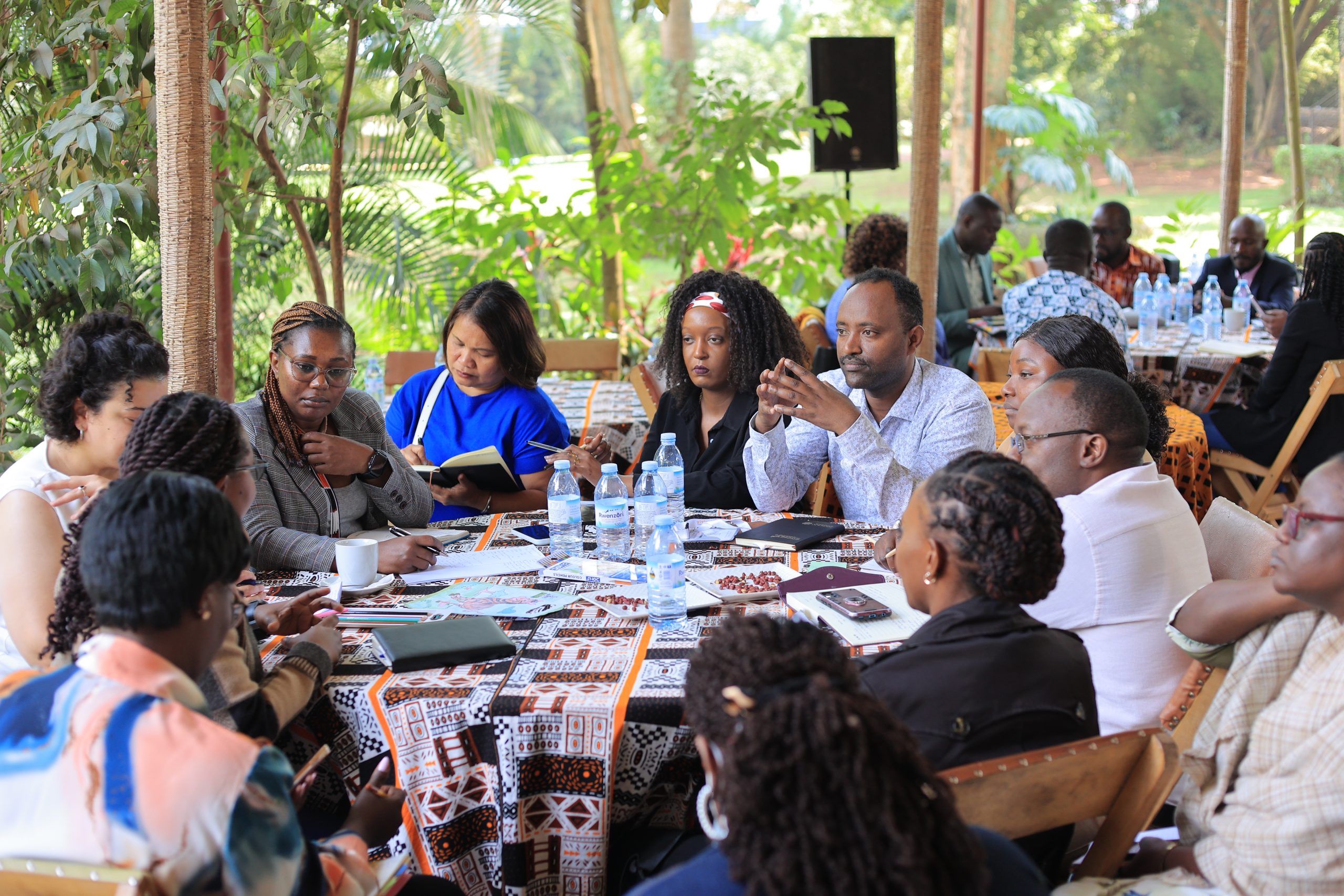
#ShiftThePower: Strengthening Community Philanthropy and Redefining Development
On 16th August 2024, Uganda National NGO Forum, in collaboration with the Global Fund for Community Foundations hosted a conversation on re-imagining aid and the role of INGOs with Ugandan Civil Society Actors.
Community philanthropy is emerging as a powerful force in the global movement to shift the dynamics of power in development. At its core, community philanthropy is based on the belief that every community possesses valuable assets—whether it’s money, skills, knowledge, or networks—that, when pooled together, can significantly enhance community power and amplify local voices. This approach challenges traditional development models by emphasizing the role of local resources and grassroots involvement in driving sustainable change.
When people contribute their own resources, they begin to see themselves as co-investors in their development. This sense of ownership fosters a deeper commitment to outcomes, as individuals and communities feel directly connected to the results of their efforts. As local contributions increase, the traditional power structures in philanthropy flatten, creating more equitable and horizontal forms of accountability rooted in trust and transparency.
However, the journey toward this new model of development is not without its challenges. The current philanthropic and international development systems often falter in their commitments to localization, with top-down approaches still dominating the discourse. Yet, the #ShiftThePower movement is pushing back, advocating for new ways of deciding and doing that prioritize relationships and collective resources over artificial results and one-size-fits-all solutions.
This movement envisions a development “ecology” that moves away from rigid, engineering-like approaches focused on quantification and control. Instead, it embraces a dynamic framework that values networks, transitions, partnerships, and sustainability. In this new paradigm, small changes at the community level can create domino effects, leading to significant system-level transformations.
The future envisioned by #ShiftThePower is one that is participatory, widely owned, and rooted in the values of generosity and solidarity. It calls for a global civil society and funding system that centers on equity, justice, and the flourishing of all people. This future is not about the success or failure of individual organizations but about a collective effort to build a system where diverse voices are heard, and communities have the power to shape their destinies.
Key pathways to achieving this vision include shifting the power to communities, promoting localization and local ownership, driving systems change, and supporting community philanthropy. Additionally, the movement emphasizes the importance of self-care, collective care, and solidarity, along with the need to decolonize development practices and embrace diversity, equity, and inclusion.
As Buckminster Fuller famously said, “You never change things by fighting the existing reality. To change something, build a new model that makes the existing model obsolete.” The #ShiftThePower movement is doing just that—building a new model of development that prioritizes small-scale solutions within a large-scale framework, creating a future where communities are at the forefront of their development, empowered to lead and thrive.



